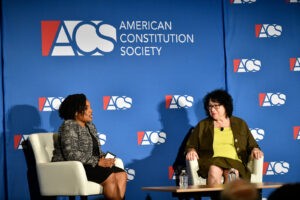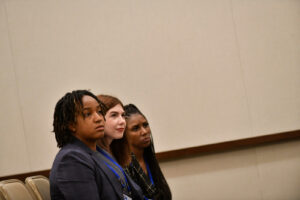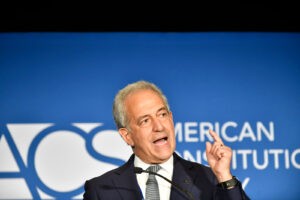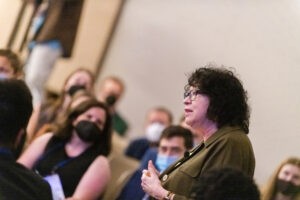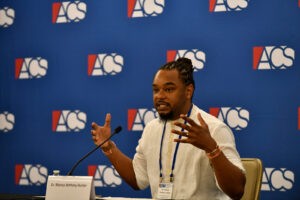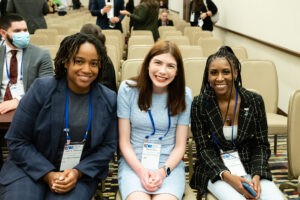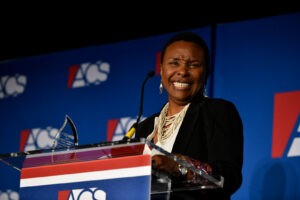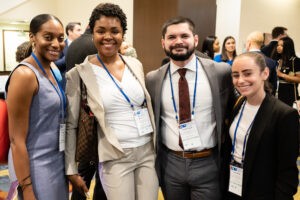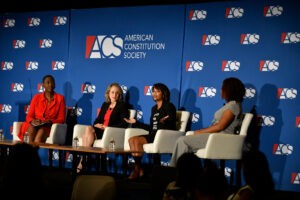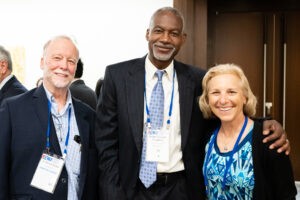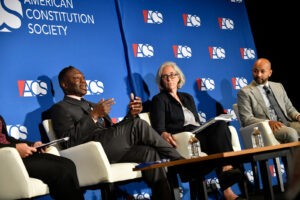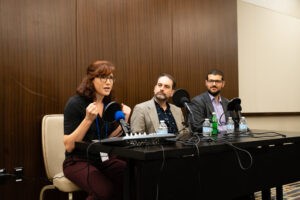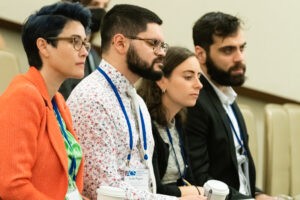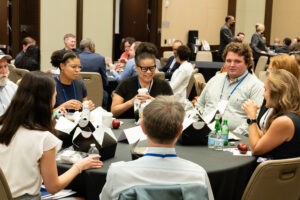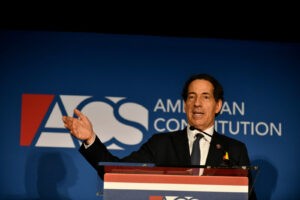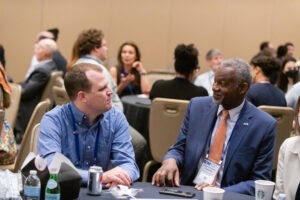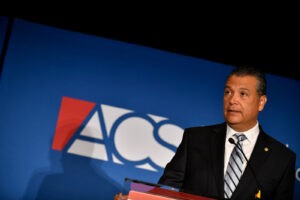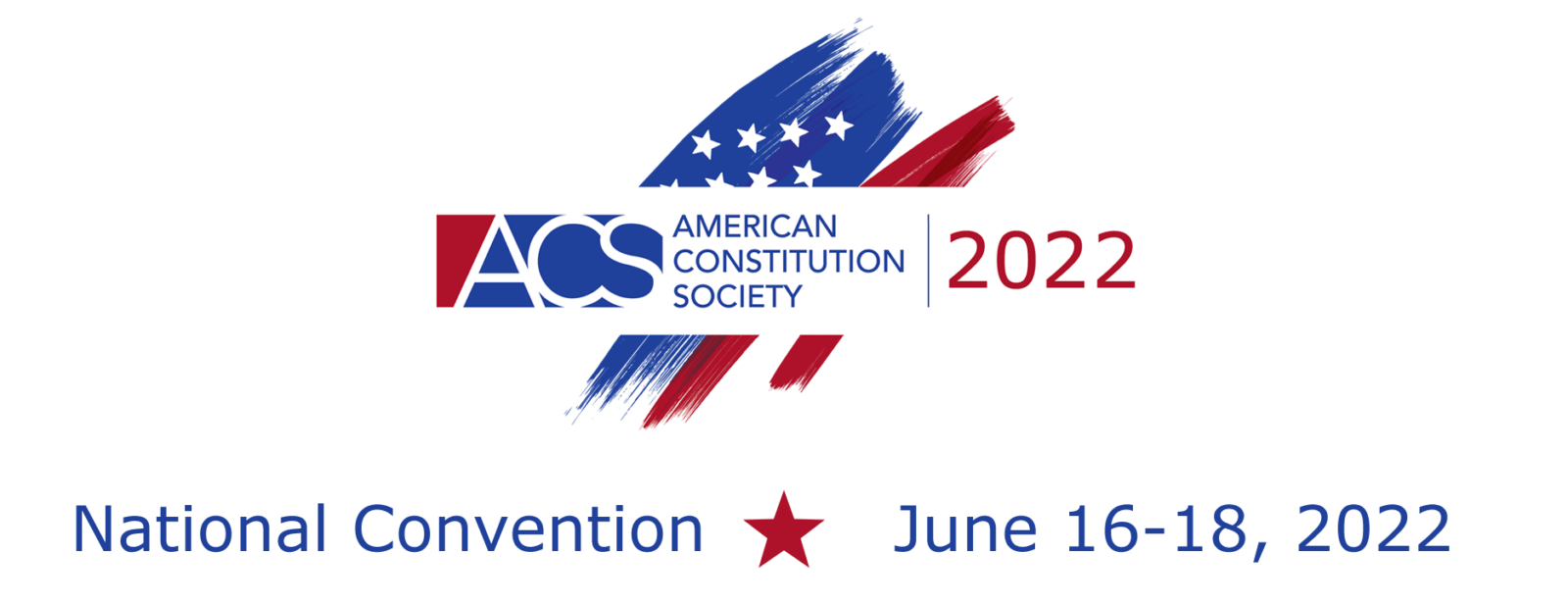
The premier progressive legal gathering of the year, bringing together lawyers, law students, scholars, judges, activists, and policymakers took place June 16-18 in Washington, D.C., where we addressed some of the most urgent and challenging issues confronting our nation. We kicked off the week with our special guest speaker, U.S. Supreme Court Justice Sonia Sotomayor, and convened panels that considered such timely issues as confronting the threat autocracy poses to democracy in this moment, responding to attacks on reproductive rights and the future of reproductive justice lawyering, and the ways in which progressive lawyers can engage with Truth, Racial Healing, and Transformation work.
SCHEDULE
Thursday, June 16
8:00 a.m. – 9:00 a.m. Working Group/ Hill Meeting Check-In (Archives, Level M4)*
8:00 a.m. – 1:30 p.m. Working Group/Hill Meetings (Supreme Court, Level M4)*
12:00 p.m. – 8:00 p.m. General Registration (All Neighborhoods Foyer, Level M3)
2:00 p.m. – 3:00 p.m. A Conversation with Justice Sonia Sotomayor and her former law clerk Tiffany Wright – Please note: Attendees should be seated in the Independence Ballroom by 1:45 p.m. (Independence Ballroom, Sections D-H, Level M4)
3:00 p.m. – 4:00 p.m. Refreshment Break (Independence Foyer, Level M4)
3:15 p.m. – 3:45 p.m. Chapter Presidents Meeting (Archives, Level M4)*
4:00 p.m. – 5:30 p.m. Engaging with Truth, Racial Healing, and Transformation (Capital/Congress, Level M4)
5:30 p.m. – 6:30 p.m. Welcome Reception (Independence Foyer, Level M4)
7:00 p.m. – 9:00 p.m. Welcome Dinner (Independence Ballroom, Sections D-H, Level M4, )
9:30 p.m. – 10:30 p.m. Faculty Advisor Mixer (10th Floor Terrace)*
9:30 p.m. – 10:30 p.m. Student Chapter Happy Hour, Never Looked Better, 130 Blagden Alley NW, Washington, D.C. (All welcome. Note: Attendees are responsible for the cost of their own food and drink.)
Friday, June 17
7:30 a.m. – 9:00 a.m. Path to the Bench Working Group Meeting (Liberty Ballroom Section M, Level M4)*
8:00 a.m. – 9:00 a.m. Continental Breakfast (Independence Foyer, Level M4)
8:00 a.m. – 7:00 p.m. General Registration (All Neighborhoods Foyer, Level M3)
9:15 a.m. – 10:45 a.m. Plenary Session: “Democracy’s Moment of Truth” (Independence Ballroom, Sections D-H, Level M4)
11:00 a.m. – 12:00 p.m. Morning Breakout Session
- “Engaging Globally: Shaping ACS’s Involvement in International Legal and Justice Issues” (Mint, Level M4)
- “‘Taking’ Away Our Rights: The Implications of Cedar Point Nursery” (Treasury, Level M4)
- “Bringing a Poster to a Gun Fight: The Fatal Combination of Expanded ‘Gun Rights’ and Self-Defense Laws on Political Participation” (Capitol, Level M4)
12:15 p.m. – 2:30 p.m. Grab-and-Go Lunch (Independence Foyer, Level M4)
12:15 p.m. – 2:30 p.m. Practice Group Lunches (Independence Ballroom, Sections A-C, Level M4)
1:00 p.m. – 2:15 p.m. Broken Law Podcast – live recording (Supreme Court, Level M4)
3:00 p.m. – 4:00 p.m. Afternoon Breakout Session
- “Technology and Democracy: Friends or Foes?” (Mint, Level M4)
- “Crossing Borders: How Xenophobia Infects Our Approach to Refugee Crises” (Treasury, Level M4)
- “Weaponizing ‘Parental Rights’ in the Latest Culture Wars” (Capitol, Level M4)
4:30 p.m. – 5:40 p.m. Plenary Session: “Evaporating Abortion Rights – Expanding Reproductive Freedom” (Independence Ballroom, Sections E-H, Level M4)
5:40 p.m. – 6:00 p.m. Featured Speaker: Hon. Vanita Gupta, Associate Attorney General, U.S. Department of Justice in conversation with University of Michigan Law Professor and former U.S. Attorney for the Eastern District of Michigan Barbara McQuade (Independence Ballroom, Sections D-H, Level M4)
6:15 p.m. – 7:15 p.m. Members of Color Mixer, Archives, M4 (All welcome. Note: Attendees are responsible for the cost of their own food and drink.)
7:15 p.m. – 8:15 p.m. LGBTQI+ Mixer, The Lobby Bar (All welcome. Note: Attendees are responsible for the cost of their own food and drink.)
8:00 p.m. – 10:00 p.m. Law Student Networking Dinners*
Saturday, June 18
8:00 a.m. – 9:00 a.m. Morning Jog (Meet in Hotel Lobby)
10:00 a.m. – 12:00 p.m. Next Generation Leaders Brunch* (Capital/Congress, Level M4)
11:00 a.m.-1:00 p.m. A Washington, D.C. walking tour coordinated by the Washington, D.C. ACS Lawyer Chapter. Note: Please wear comfortable walking shoes and bring sun appropriate attire. (Meet in Hotel Lobby)
4:05 p.m. Group Baseball Game Outing (Washington Nationals vs. Philadelphia Phillies) coordinated by the Washington, D.C. ACS Lawyer Chapter. Note: attendees are responsible for the cost of admission. Baseball game Location: Nationals Park. If you’ve purchased a ticket for the game using the ACS link, please meet at the baseball stadium inside the arena. You will be seating in ACS’s reserved block (see your ticket for seat information.
*Invitation Only
Please note: schedule is subject to change
FEATURED SPEAKERS
Thursday, June 16
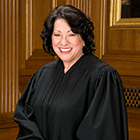
Justice Sonia Sotomayor
|

In Conversation With: |
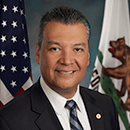
Senator Alex Padilla
|
Friday, June 17
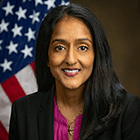
Vanita Gupta
|

In Conversation With: |
AWARDS
Progressive Champion Award
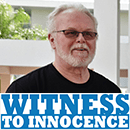 Kirk Bloodsworth Executive Director, Accepting on Behalf of Witness to Innocence |
Ruth Bader Ginsburg Scholar Award
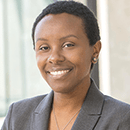 Abbye Atkinson Class of 1965 Assistant Professor of Law UC Berkeley School of Law |
The David Carliner Public Interest Award
Winner
 Shira Wakschlag Senior Director of Legal Advocacy & General Counsel The Arc of the United States |
The David Carliner Public Interest Award
Finalist
 Atteeyah Hollie Deputy Director Southern Center for Human Rights |
The Richard D. Cudahy Writing Competition on Regulatory and Administrative Law
Lawyer Category
 Eloise Pasachoff Professor of Law & Anne Fleming Research Professor Georgetown University Law Center |
The Richard D. Cudahy Writing Competition on Regulatory and Administrative Law
Student Category
 Jamey Anderson University of Wisconsin Law School |
Constance Baker Motley Writing Competition
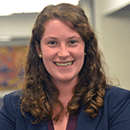 Halley Townsend Washington & Lee University School of Law |
2022 Faculty Advisor of the Year
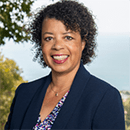 Christine Chambers Goodman Professor of Law Pepperdine University Caruso School of Law |
Stay tuned for updates as more awardees are announced.
PANELS
Thursday, June 16
Workshop: 4:00 – 5:30 p.m.
How to Engage with Truth, Racial Healing, and Transformation
Racial inequality is rooted in the legal infrastructure of this country, from the drafting of our founding documents to the very design of our government. If we are to dismantle white supremacy, we need a concerted reckoning with our country’s history and a framework for driving coordinated and transformative change to that end, ACS has joined the growing movement calling for a national truth, racial healing, and transformation commission. How can ACS members get involved in the movement toward truth, racial healing, and transformation? What work is being done at the local level and what lessons can be drawn from past efforts?
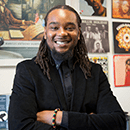
Dr. Marcus Anthony Hunter |
Friday, June 17
Plenary 1: 9:15 – 10:45 a.m.
Democracy’s Moment of Truth
A report from Freedom House finds that authoritarianism is expanding globally, and the U.S. has not been immune from these worrying signs of democratic retreat. Over a year after an angry mob of white supremacists stormed the U.S. Capitol in an attempt to overturn the 2020 presidential election, the percentage of Americans who believe the election was stolen has grown despite no evidence to support this contention. As we approach our first post-insurrection election and with the 2024 presidential race poised to begin, what can we do to protect election integrity and stem the tide of anti-democratic measures designed to allow state legislators to “legally” override the choice of voters? Can court reform help refortify our democratic institutions? Are there lessons we can learn from other countries around the globe who have faced similar authoritarian threats?

Sylvia Albert (Moderator) |

Elizabeth Andersen |
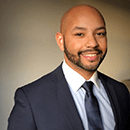
Rakim Brooks |
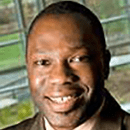
Guy-Uriel Charles |
Breakout Session 1: 11:00 am – 12:00 p.m.
Engaging Globally: Shaping ACS’s Involvement in International Legal and Justice Issues
The events of the past few years have made clear that ACS’s work must acknowledge the twenty-first century reality that the legal and justice issues we confront at home are inextricably interconnected with those facing the larger global community. Just as the U.S. must engage its global partners if there is any hope for progress, so too, must ACS engage with those issues central to our mission that transcend our borders. This includes such far ranging issues as race and the legacy of colonialism, the rule of law, human rights, and the opportunities and dangers technology poses. How, then, can ACS adapt its work to engage globally in an intentional and effective way?

Russ Feingold (Moderator) American Constitution Society |

Laurel Fletcher |
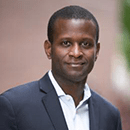
Jamal Greene |

Gregory Shaffer |
“Taking” Away Our Rights: The Implications of Cedar Point Nursery
In a blow to workers’ rights, the U.S. Supreme Court’s decision in Cedar Point Nursery v. Hassid striking down a 45 year-old farm labor regulation elevated employers’ property rights above their employees’ ability to meet with labor organizers. Critics of the decision have decried it as a radical reinterpretation and expansion of the Fifth Amendment’s Takings Clause that ignores decades of precedent. These experts argue that the decision’s reckless application of the Takings Clause not only weakens collective bargaining rights, but could also compromise health and safety, anti-discrimination, fair housing, and environmental laws. What are the long-term implications of Cedar Point on workers’ rights and the broader regulatory state?
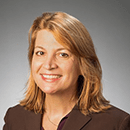
Bethany Berger |
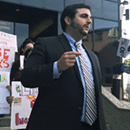
John D’Elia |

K-Sue Park |
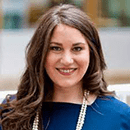
Skye Perryman |
Bringing a Poster to a Gun Fight: The Fatal Combination of Expanded “Gun Rights” and Self-Defense Laws on Political Participation
Last November, the U.S. Supreme Court heard arguments in a case that could significantly restrict states’ authority to impose limits on the public carry of firearms. That same month, a jury acquitted Kyle Rittenhouse, who killed two people and injured a third with the AR-15 style assault weapon he brought to a Black Lives Matter protest, based on claims of self-defense. In a country of increasingly permissive self-defense laws, how will the potential ubiquity of guns in public affect public safety and public speech? Given that both “gun rights” and self-defense laws have historically benefited white people and actively harmed Black and Brown people, what do these trends portend?
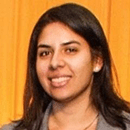
Rukmani Bhatia |
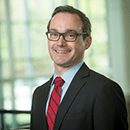
Joseph Blocher |

Krystan Hitchcock |
|
Broken Law Podcast Live Recording: 1:00 – 2:15 p.m.
ACS’s signature podcast, “Broken Law,” will host a live episode recording featuring Ian Millhiser, Senior Correspondent at Vox, and Mark Joseph Stern, Senior Writer at Slate, and hosted by Jeanne Hruska, ACS’s Senior Advisor for Communications and Strategy. Six months into 2022, their conversation will focus on the biggest legal headlines of the year so far, from the Supreme Court to what in the world is going on with the Fifth Circuit? They will opine on the trials and tribulations shaping the legal landscape and look ahead to what we might see before the year is done.

Jeanne Hruska (Host) |
|
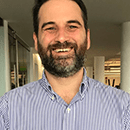
Ian Millhiser (Guest) |
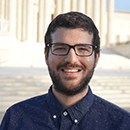
Mark Joseph Stern (Guest) |
Breakout Session 2: 3:00 – 4:00 p.m.
Crossing Borders: How Xenophobia Infects our Immigration System and our Approach to Refugee Crises
We are in the midst of a global humanitarian crisis as millions of people flee war, poverty, and persecution in places as disparate as Afghanistan, Haiti, Central America, Syria, and Ukraine. The international and domestic responses to these refugee crises have too often differed based on the race, ethnicity, religion, or country of origin of those affected. In the U.S., the federal government’s decision to use the Covid-19 pandemic as justification to invoke long-dormant immigration authority to expel asylum seekers, despite objections from public health experts, has been decried as racist by many human rights observers. Is the U.S. immigration system doing enough to respond to an unprecedented humanitarian need? And what role is race, and racism, playing in the application of immigration law in the United States and abroad?
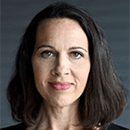
Melanie Nezer |
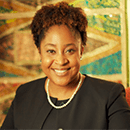
Karla McKanders |

Breanne Palmer |
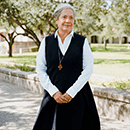
Sister Norma Pimentel |
Technology and Democracy: Friends or Foes?
Rapidly advancing information and communication technologies have had a profound impact on democracy around the world. In the early days of the Arab Spring, technology enabled activists to coordinate and demand reform. But today, with disinformation and growing pressure being exerted on technology companies to clamp down on dissent in authoritarian countries like Russia and China, the relationship between technology and democracy is seen in a much more nuanced light. How can we ensure that regulations or reforms are democracy-enhancing rather than democracy-weakening?

Amy Larsen |
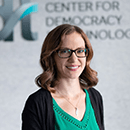
Emma Llansó |
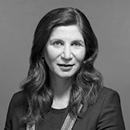
Faiza Patel |
|
Weaponizing “Parental Rights” in the Latest Culture Wars
Though an enormous amount of work remains to be done, there has been notable progress in conversations around racial justice and LGBTQ+ rights in recent years. This progress, however, has been met with backlash, as conservative state lawmakers rush to pass laws that prohibit teachers from including discussions of race or sexuality in their curriculum and restrict students’ ability to discuss their lived experiences. These laws have been described by their sponsors as preserving “parental rights.” Yet, many of these same states have pursued legislation prohibiting parents from providing the medical care their trans children need. How can this disconnect be explained and what role are conservative dominated courts playing in these attacks against the young people who make up America’s most diverse generation?
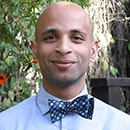
Craig Konnoth |
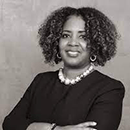 Lisa Cylar Barrett Lisa Cylar BarrettDirector of Policy NAACP Legal Defense & Educational Fund, Inc. |
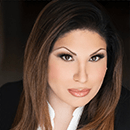
Anya Marino |
|
Plenary 2: 4:30 – 6:00 p.m.
Evaporating Abortion Rights – Expanding Reproductive Freedom
The Supreme Court has been eroding meaningful abortion access for years, upholding Targeted Restrictions on Abortion Providers (TRAP) laws and other abortion restrictions that disproportionately impact marginalized pregnant people. Now the Court is poised to explicitly or de facto overturn Roe v. Wade and nearly 50 years of precedent recognizing the constitutional right to abortion. If this happens, according to the Guttmacher Institute, “26 states are certain or likely to ban abortion.” In a post-Roe America, how do we expand reproductive freedom in a way that creates meaningful rights and access for marginalized people in all 50 states? What can the experience of legalizing abortion in other countries tell us about potential next steps in the United States?
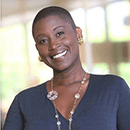
Michele Goodwin |

Julie F. Kay |

Rosann Mariappuram |
 Erinn D. Martin Director, Nominations & Cross-Cutting Policies National Women’s Law Center |
SPONSORS Become a sponsor »
Champion
 |
Underwriter
 |
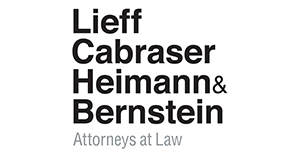 |
 |
 |
 |
|
Partner
 |
 |
 |
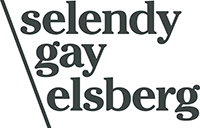 |
 |
|
Benefactor
 |
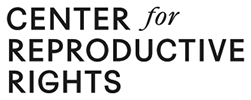 |
 |
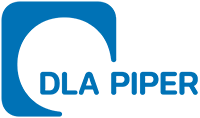 |
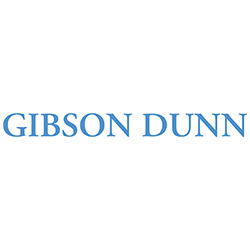 |
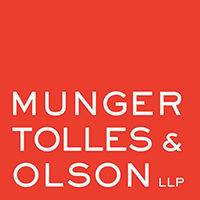 |
 |
 |
 |
Patron
 |
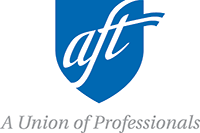 |
 |
 |
 |
 |
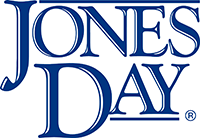 |
 |
 |
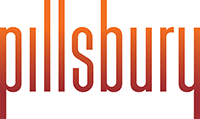 |
 |
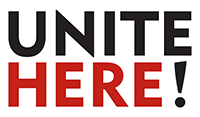 |
 |
||
Friend
 |
 |
 |
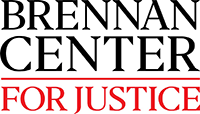 |
 |
 |
 |
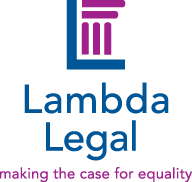 |
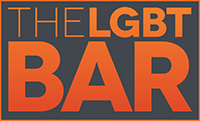 |
 |
 |
 |
Information for Current Sponsors
- Download the Sponsorship Logistics information packet (PDF).
- Questions? Contact Juana Pacheco, Director of Development: jpacheco@acslaw.org.
CONTINUING LEGAL EDUCATION (CLE)
View this year’s CLE materials (PDF) »
For those requesting CLE credit, you must log the two codes announced during each day’s session in order to verify your participation and obtain your credit.
ACS is in the process of applying to states for CLE credit. The availability and amount of CLE credit may vary by state.
So far, ACS has been approved for the following:
California/States with Reciprocity- 6.5 hours
Delaware- 6.5 hours
Florida- 6 hours
Illinois- 6.5 hours
Oregon- 6.5 hours
If you have further questions about CLE, please reach out to LCEmails@acslaw.org.

